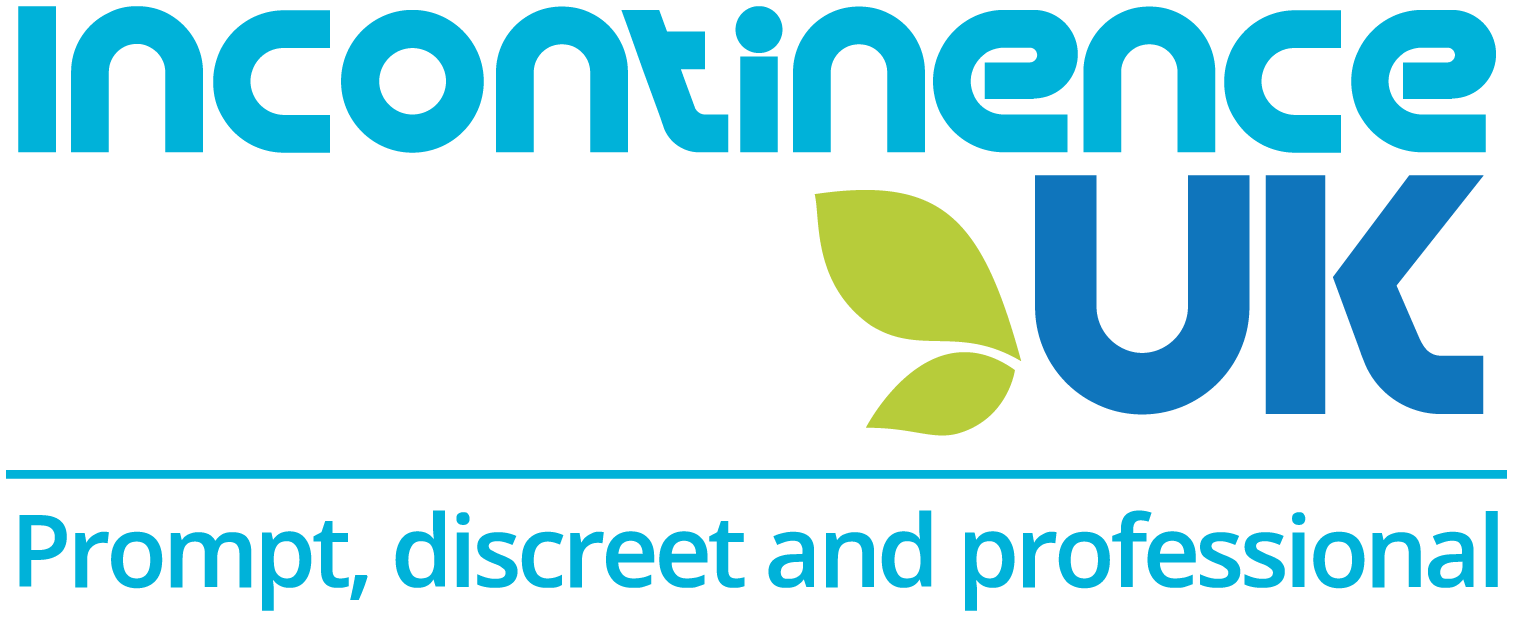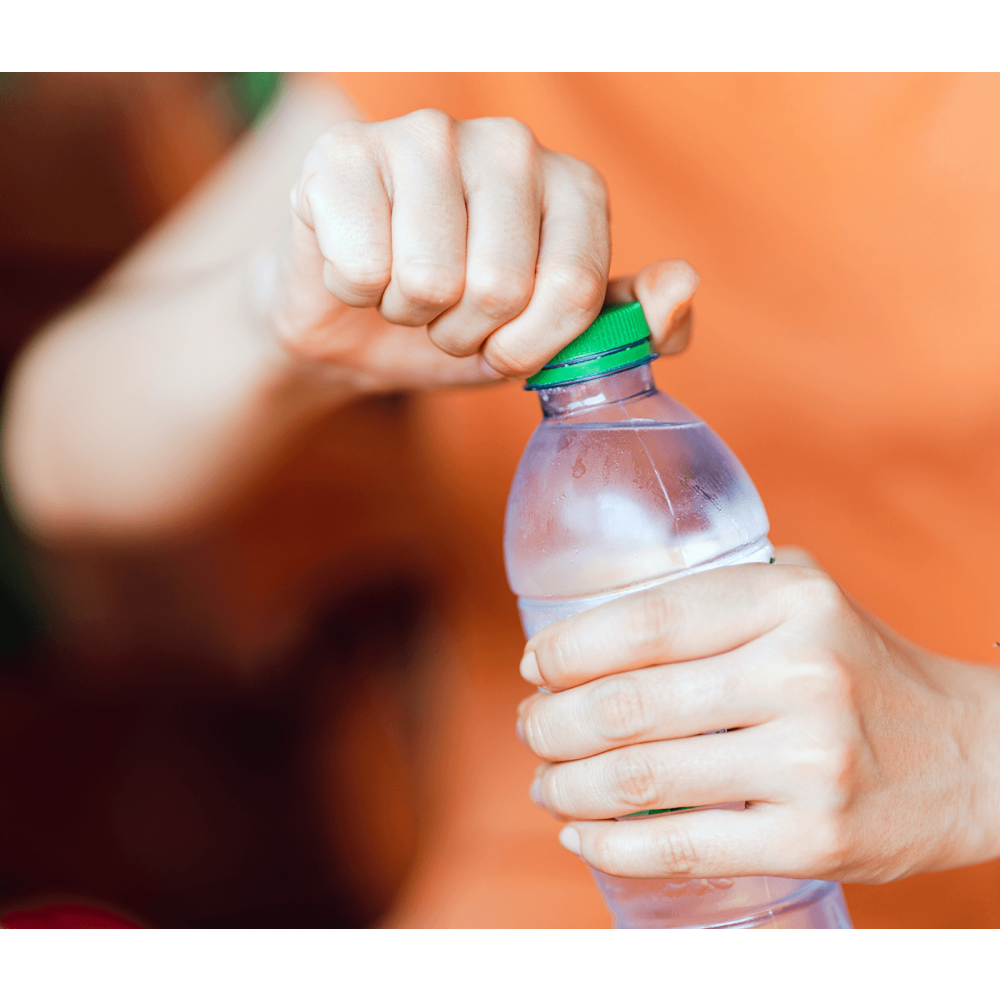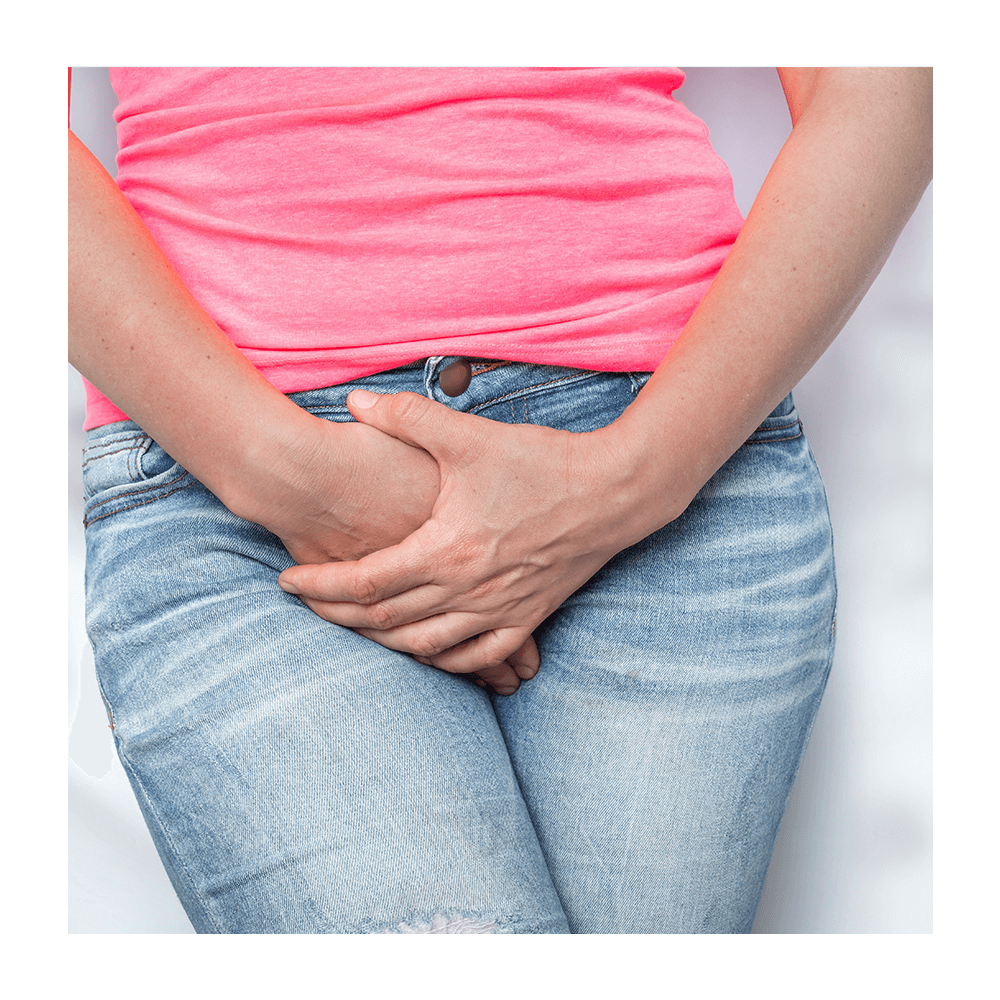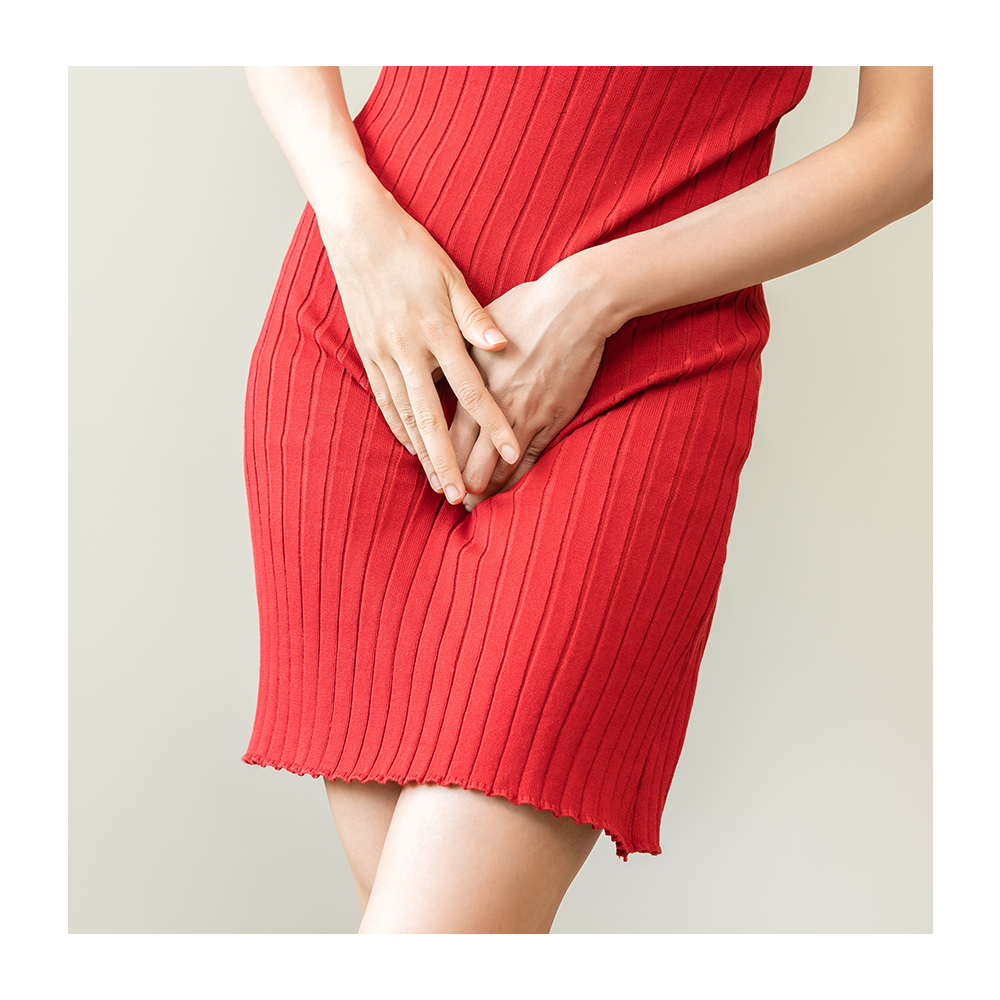8 May 2018
Urinary Incontinence After Childbirth
Last month there was a good article in the Sun newspaper talking about urinary incontinence after childbirth detailing how common it is and what treatments are available. Below is a summary of the article and some advice on how to treat and manage urinary incontinence. Millions of women give birth every year but having a baby can cause long-term complications and side-effects. The human body changes immensely during pregnancy and post-birth, and for some women there are lingering issues which persist long after they’ve had their child. Causes of Incontinence Post Pregenancy One side-effect of having a baby is urinary incontinence. There are different variations of incontinence, including stress, urge, overflow and total incontinence. Various factors can increase the chances of urinary incontinence, including having a vaginal birth. The use of forceps or other interventions can also trigger it as they can injure pelvic nerves and muscles. Stress incontinence can be caused by the weakening, or damage to, the pelvic floor muscles or urethral sphincter, which both control urination. Urge incontinence is often the result of over activity of the detrusor muscles which control the bladder. Pregnancy and menopause can also trigger it, along with weak bladder muscles, overactive bladder muscles and nerve damage. Treatments Available Initially it is likely your GP will prescribe some exercises to help with the condition. Pelvic floor exercises can help with bladder control, which involve exercising, and ultimately tightening, your pelvic floor. These exercises help strengthen the muscles around your bladder, vagina and anus. Read our guide on how best to do your pelvic floor exercises. Alternatively you can buy an IncoStress medical aid to help combat stress incontinence. Worn internally its shape supports the bladder and strengths the pelvic floor muscles. Now on sale for £22.99 (SAVE £6 whilst stocks last).
If non-surgical treatments don’t work, there are surgical options. The most common type of incontinence for women post-birth, stress incontinence, can also be treated by medication duloxetine. This has side-effects and your GP will prescribe it if they think this is the best option.
Finally if you are suffering from mild incontinence; then please do visit our Incontinence UK website for all products relating to incontinence. We stock a huge variety of products from well-known brands including small disposable insert incontinence pads that can fit into your own underwear or washable incontinence pants with a built in pad.
Kind regards
Incontinence UK
www.incontinenceuk.co.uk
Alternatively you can buy an IncoStress medical aid to help combat stress incontinence. Worn internally its shape supports the bladder and strengths the pelvic floor muscles. Now on sale for £22.99 (SAVE £6 whilst stocks last).
If non-surgical treatments don’t work, there are surgical options. The most common type of incontinence for women post-birth, stress incontinence, can also be treated by medication duloxetine. This has side-effects and your GP will prescribe it if they think this is the best option.
Finally if you are suffering from mild incontinence; then please do visit our Incontinence UK website for all products relating to incontinence. We stock a huge variety of products from well-known brands including small disposable insert incontinence pads that can fit into your own underwear or washable incontinence pants with a built in pad.
Kind regards
Incontinence UK
www.incontinenceuk.co.uk 





